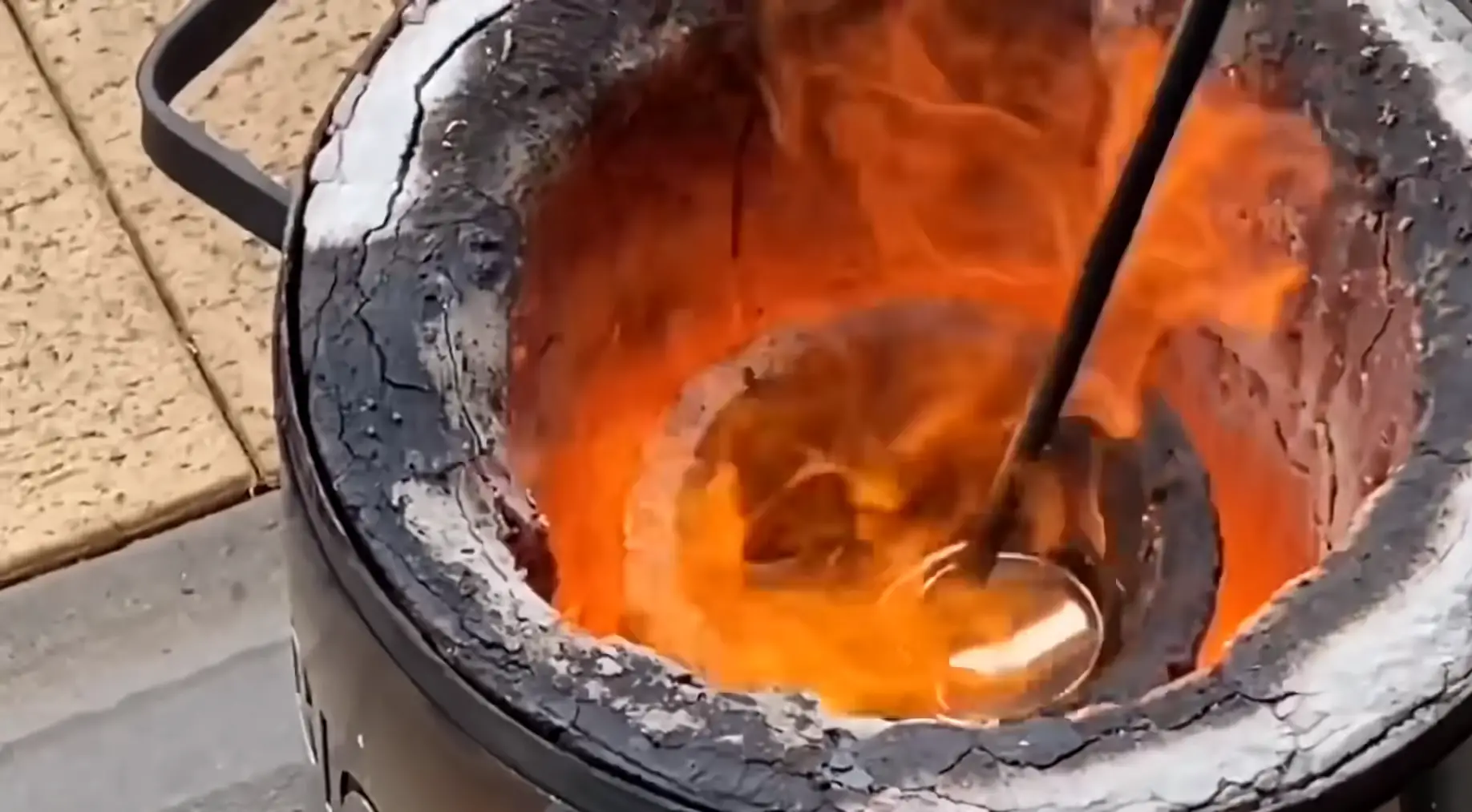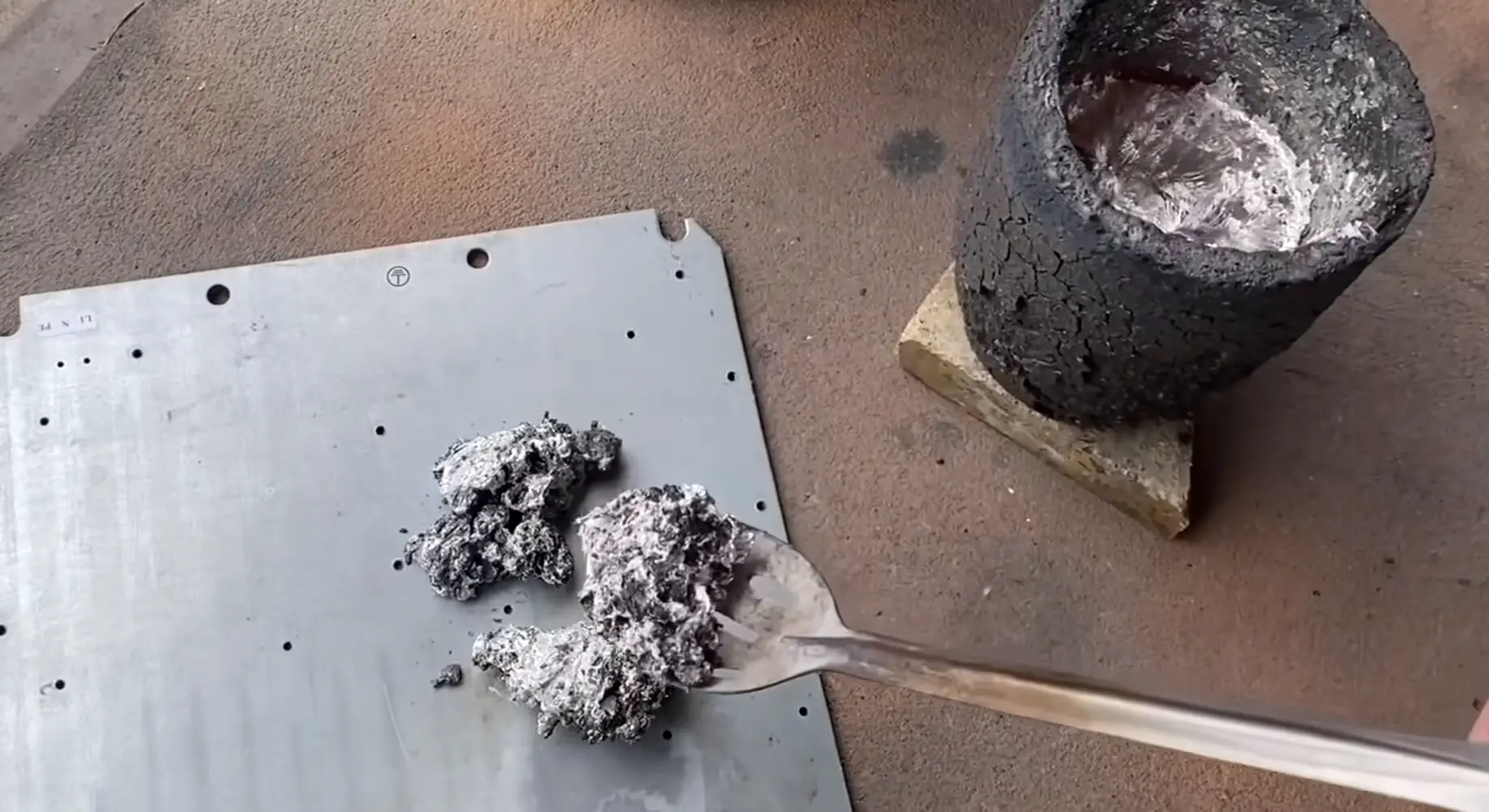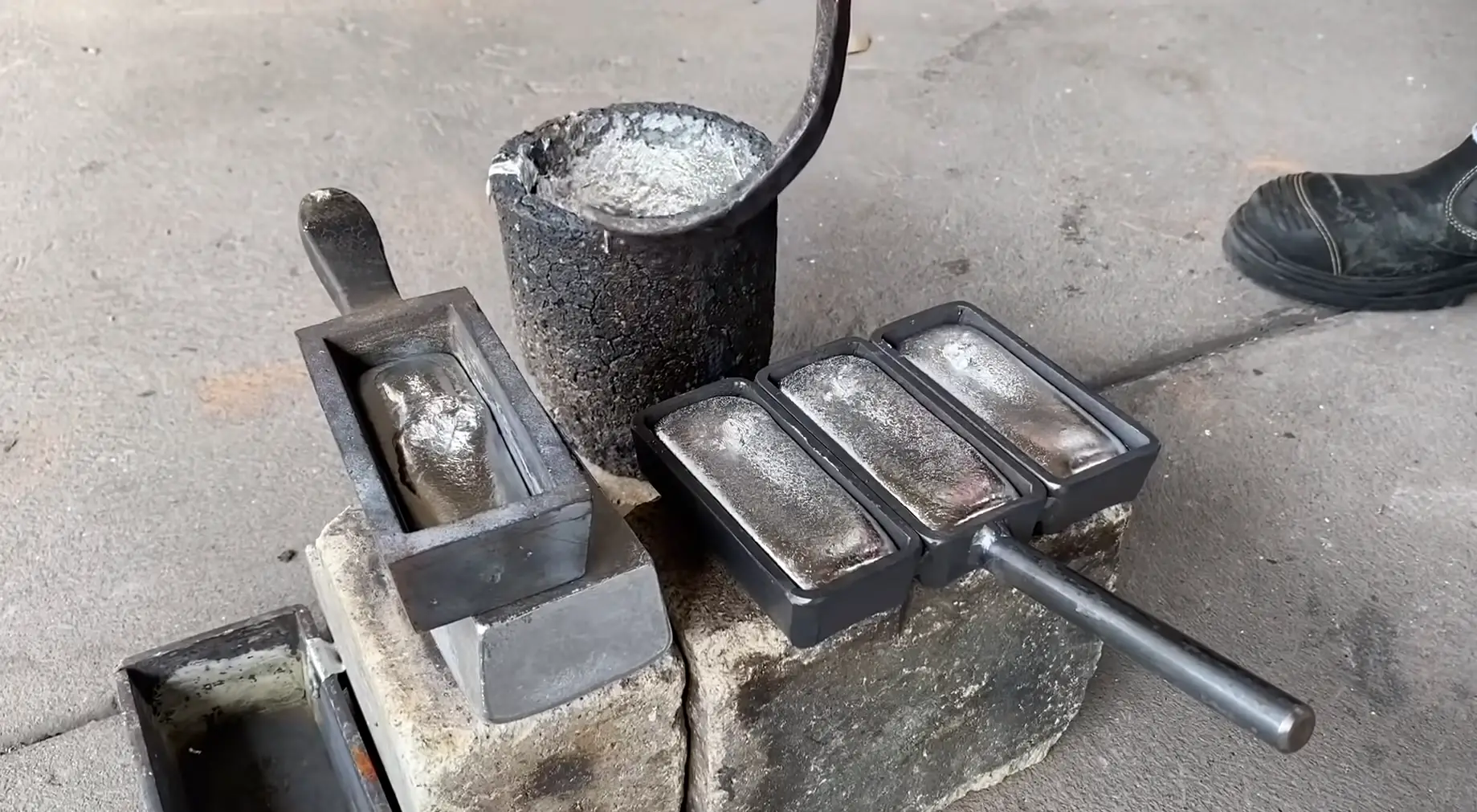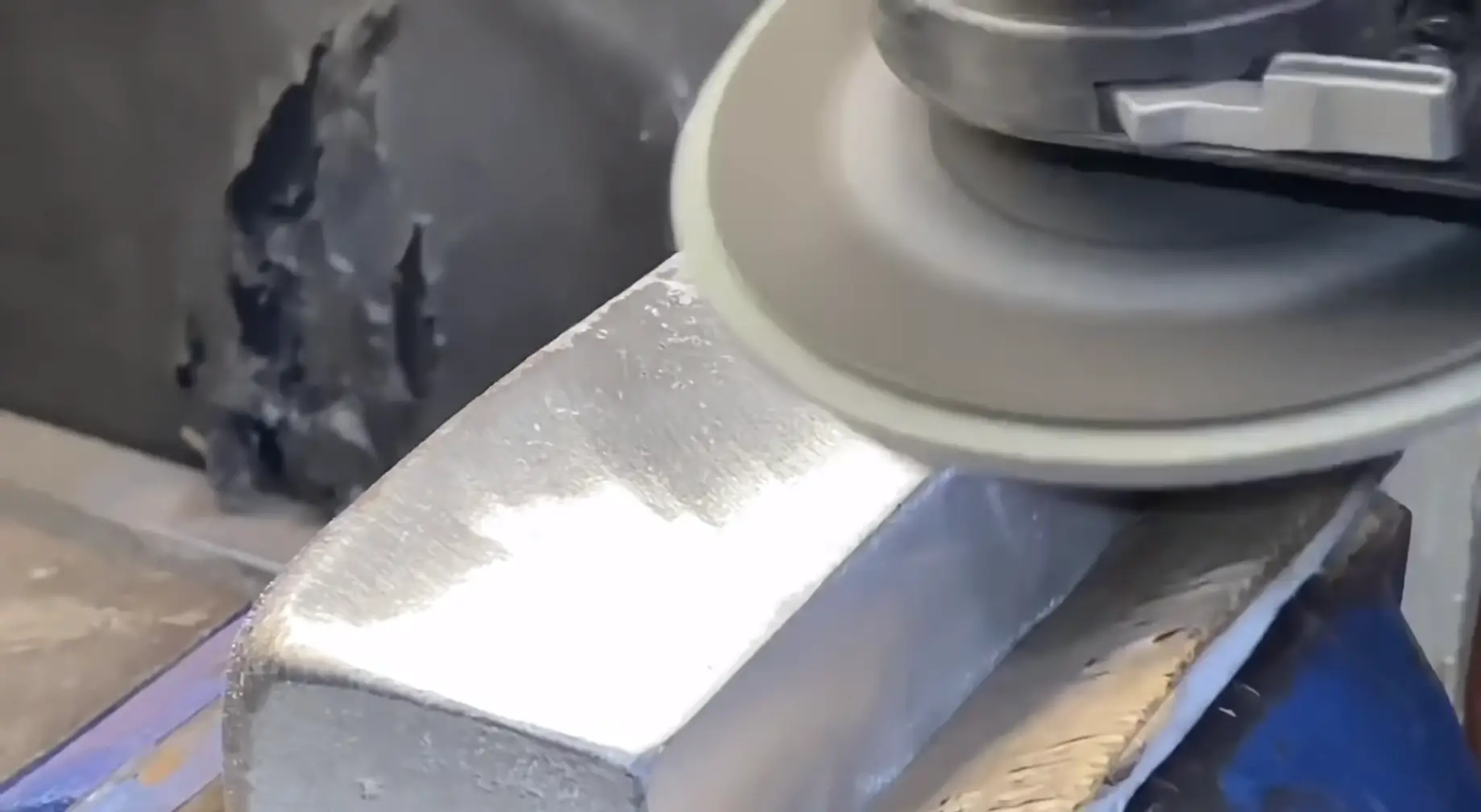Aluminum is a very popular metal that is preferred for its lightweight, durability, and excellent resistance to corrosion. This metal is so popular that it is second only to steel in its production volume worldwide. The uses of aluminum are incredibly diverse, ranging from packaging materials to transportation and construction materials. In this blog, we explore the many applications of aluminum to help you understand how versatile and useful this metal can be.
Aluminum: What It Is
In its pure form, aluminum is a soft metal of a silvery-white color that is lightweight, durable, and highly malleable. It is also an excellent conductor of electricity and heat. Aluminum has been used in a variety of applications, such as airplanes, cars, beverage cans, and kitchen utensils.

An atomic number of aluminum is 13 and it is listed under the group of metals on the periodic table. Hans Christian Oersted was a famous Danish physicist and it was he who in 1825 isolated aluminum first. Pure aluminum is extracted from bauxite, and the process of extracting is complex and involves several stages, including refining, smelting, and electrolysis. [3]
One of the outstanding properties of aluminum is its low density. It is an ideal metal for lightweight applications, because it is three times lighter in comparison to steel . Additionally, aluminum is resistant to corrosion, making it useful in environments frequently exposed to moisture. Its excellent conductivity also makes it a perfect choice for electrical wires and transmission lines.
It is often used to produce lightweight, fuel-efficient cars. Aluminum is also used in the construction of airplanes, as it is strong and lightweight, making it possible for planes to fly at higher altitudes and, at the same time, consume less fuel. Another common use of aluminum is in the manufacture of beverage cans, as it is easy to form into thin sheets that can be printed on.
Aluminum is a versatile metal that has revolutionized many industries. Because of its excellent properties aluminum is a perfect choice for lightweight applications that require durability, strength, and resistance to corrosion. From the cars we drive to the planes we fly in, the role of aluminum in making modern life convenient and efficient is crucial. As a user of products made from aluminum, it is essential to appreciate the significance of this unique metal and the impact it has on our lives.
Brief Story of Aluminum
It all began in the early 1800s, when scientists were trying to identify and isolate new elements. In 1807, Sir Humphry Davy, a British scientist, used electrolysis to extract aluminum from a compound called alum. However, the process was extremely expensive and time-consuming, making aluminum more precious than gold or silver. [5]
It wasn’t until the 1880s, when two entrepreneurs, whose names were Charles Martin Hall and Paul Héroult, independently discovered a new way for manufacturing aluminum, that the metal became more widely available. They both used electrolysis, but Hall figured out how to produce a cheaper and more efficient process than Héroult. This made aluminum production commercially viable, and soon it became widely used in everything from household items to transportation and infrastructure. [5]
Today, aluminum is probably the most popular and widely manufactured material in the world, with an annual output of over 60 million metric tonnes. It’s used in an incredible variety of products, from cars to electronics to packaging. Its lightweight yet strong properties make it an essential part of modern transportation and infrastructure, leading to low consumption of fuel and higher energy efficiency.
Another significant benefit of aluminum is that it’s infinitely recyclable, meaning it can be melted down and reused without losing any of its properties. Aluminum recycling takes only 5% of the energy needed to fabricate it from raw materials, and that’s the reason why it is an eco-friendly option for many industries.
Aluminum, once a precious metal, has had a very long history since its discovery in the early 19th century. From a groundbreaking invention made by Charles Martin Hall to its current status as a ubiquitous industrial metal, the history of aluminum is a testament to human innovation and ingenuity. Today, aluminum plays an essential role in our daily lives, and because of its recyclable properties it has become a perfect material for sustainable manufacturing. As we continue to advance technologically and environmentally, aluminum is sure to remain an important part of our global infrastructure.
Aluminum Properties
This remarkable metal owes its versatility to its unique properties. Let’s explore the key advantages of aluminum properties and understand why it is such a precious material.
- Lightweight and Durable. One of the most important features of aluminum is its lightweight yet durable nature. Aluminum is not like other metals, because its density is just 2.7 g/cm³, making it one of the lightest metals. This characteristic not only allows for easier handling but also makes it ideal for applications that require lightweight yet robust materials. Additionally, in case this metal contacts air, a thin layer of aluminum oxide appears and it protects the material from possible corrosion, ensuring its durability.
- Resistance to Corrosion. As already mentioned, that aluminum oxide layer prevents it from corroding further. This strong oxide layer is so effective that it prevents oxygen and water from penetrating the metal’s surface, and that’s the reason why it is a great choice for outdoor applications that require resistance to moisture and weathering. This property of aluminum also makes it useful in marine, aircraft, and automotive applications where exposure to saltwater, salt spray, and road salt is expected. [2]
- It Conducts Heat Very Well. This material ranks second only to copper in terms of heat conductivity. This unique characteristic makes it a desirable material in many fields that require excellent thermal transfer. Aluminum’s heat conductivity also makes it a perfect option for use in the spheres where heat dissipation is needed, such as heatsinks for electronic devices and radiator fins for air conditioning systems.
- Easy to Fabricate. Aluminum is exceptionally malleable and ductile, making it easy to fabricate. The malleability and ductility of aluminum are what allow it to be shaped or formed into various products, making it a popular material in a number of industries, for example, aerospace, construction or even automotive. Aluminum is also easy to weld and can be joined through a range of different methods, from mechanical fastening to adhesive bonding.
- Non-Toxic and Totally Recyclable. It is crucial to note that this material when being recycled doesn’t’ lose its qualities at all, although it is 100% recyclable. The process of recycling needs just a fraction of the energy which is required to produce it, meaning that it saves energy and reduces carbon emissions. Additionally, aluminum recycling reduces the amount of waste that would otherwise end up in landfills. Unlike some other metals, aluminum isn’t a toxic material, that’s why it is safe for use in cosmetic products, food packages and even medical implants.
The advantages of aluminum properties are clear. From its lightweight and durable nature to its great heat conductivity to its recyclability, aluminum is a versatile metal that has applications in almost every industry. As technology advances and the demand for sustainable manufacturing processes increases, aluminum is becoming a material of choice for companies willing to reduce their carbon footprint and make their bottom line better. Its unique features make it a precious resource for individuals and industries alike, and its future seems brighter than ever.
Aluminum: Benefits And Drawbacks
Aluminum is a versatile material commonly used in various spheres of our life. It is a lightweight, durable, and non-corrosive metal, that’s why it is a great option for many applications. On the other hand, as any other material, the discussed one has its benefits and drawbacks, which we will be discussing here.
Benefits of Aluminum:
- Lightweight: One of the primary benefits of aluminum is the fact that it is lightweight. It is one-third the weight of steel, making it a popular choice in the aerospace and automotive industries. It also means that it is easier to transport and handle during manufacturing processes. [2]
- Durable: Aluminum resists corrosion easily, and because of it it’s ideal for outdoor environments. It does not rust, so it is a great choice for marine environments and construction materials. Even when exposed to harsh weather conditions, aluminum can last for years without rusting, rotting, or deteriorating. [2]
- Recyclable: This material is 100% recyclable, it means that aluminum is an eco-friendly material. Less energy is spent on recycling aluminum than on manufacturing new material. It helps to reduce waste as well as conserve energy or preserve precious natural resources.
- Versatile: Aluminum is highly versatile due to its ability to be easily manipulated using various fabrication techniques such as bending, welding, and casting. This versatility makes it suitable for use in different spheres of application, including window frames, cars, and airplanes.
Drawbacks of Aluminum:
- Expensive: Compared to other materials such as steel and plastic, aluminum is more expensive, making it less appealing in cost-sensitive environments. High production costs can be explained by the manufacturing process, moreover, in making aluminum the raw materials are used, and that is not cheap as well.
- Soft: Although lightweight, aluminum is relatively soft compared to steel. This softness can cause dents and deformations, reducing its structural integrity, and limiting its application in certain industries.
- Flammable: Aluminum has a low melting point, which makes it highly flammable. This characteristic makes it vulnerable to fires, which can limit its use in the construction industry.
- Surface Treatment: Aluminum requires surface treatment for aesthetic and protective purposes. Without surface treatment, aluminum is vulnerable to corrosion, which can cause it to degrade and reduce its lifespan.
The manufacturing process and the raw materials used to make aluminum may be expensive, but considering its long lifespan and recyclability, it’s a worthy investment. As technologies and fabrication methods evolve, aluminum will continue to be an essential material in many industries.
TOP Ways Of Aluminum Application
There are numerous ways aluminum can be used, and we will explore the top ways it can be utilized to meet your needs. From aluminum roofing to aerospace industry parts, a lot of different applications are made possible by this versatile metal.
- Aerospace Industry: One major use of aluminum is in the aerospace industry for the manufacturing of airplane body structures, wings, and engine components. The general weight of the aircraft can be easily reduced thanks to aluminum lightweight , aiding in fuel efficiency and therefore making flights more cost-effective. [1]
- Automotive Industry: Another major use of aluminum is in the manufacturing of cars. Aluminum is used in parts such as engine blocks, wheels, and body panels thanks to its corrosion resistance, lightweight and strength qualities. These features improve fuel efficiency, reduce emissions, and improve road performance. [4]
- Construction Industry: Aluminum is extensively used in the construction industry as it is an excellent conductor of heat and electricity. Also, aluminum metal is corrosion-resistant, making it the material of choice for building exterior parts like roofing, window frames, curtain walls, and doors. [4]
- Marine Industry: Aluminum’s lightweight, strength, and corrosion-resistant properties make it an excellent choice for the marine industry. The metal is used to manufacture boat hulls, deck fittings, and other structures, making it an ideal material for commercial and leisure boats.
- Packaging Industry: Aluminum’s excellent barrier properties make it a perfect option for use in the packaging industry. Aluminum foil is a popular material in the food packaging industry, as it is a clean, flexible, and lightweight material, providing excellent insulation against light and gas.

There are several ways aluminum can be utilized in different industries. From aerospace and automotive to construction and marine industries, aluminum is a versatile metal that is used in a wide variety of applications. It is lightweight, durable, corrosion and heat-resistant, that’s why it is an excellent material of choice for different applications. If you require aluminum for your next project, the above-mentioned uses of aluminum can guide you on how best aluminum can be utilized to suit your needs.
FAQ
What are the 3 main uses of aluminum?
The three main uses of aluminum are construction, packaging, and transportation.
Aluminum’s strength-to-weight ratio makes it perfect for building structures that need to be strong yet lightweight. In addition, aluminum is corrosion-resistant, which means it can withstand harsh weather conditions and not corrode over time. Many products in the construction industry contain aluminum, such as windows, doors, roofing, and siding. Aluminum is also used in the construction of automotive and aviation industries for its durability and lightweight.
Aluminum is also used to create a range of packaging materials, such as beverage cans, food containers, and aerosol cans. These products are lightweight, durable, and cost-effective. Plus, aluminum is excellent at keeping moisture, air, and light out of the package, which helps to preserve the quality of the product inside. Additionally, aluminum is easily recyclable, which makes it an eco-friendly choice.
Aluminum’s unique properties make it an ideal material for use in the transportation industry. Its lightweight yet robust nature means that it can be used to create inexpensive, fuel-efficient vehicles without sacrificing performance. Aluminum is used in many automotive parts, such as engine blocks, wheels, and body panels. Similarly, it is used in the construction of airplanes, boats, and other forms of transportation.
What are 3 interesting facts about aluminum?
- Aluminum Was Once More Expensive Than Gold: in the 19th century, aluminum was more expensive than gold due to its rarity. During those days, it was tough to produce aluminum because the metal was not abundant, and the production process was complex. However, advancements in technology in the 20th century enabled the mass production of aluminum, making it more affordable. Today, aluminum is not only more affordable than gold, but it has overtaken steel as the most-used metal in the world.
- It Is the Most Abundant Metal on Earth: aluminum is one of the most abundant metals on earth and ranks third after oxygen and silicon. It is found in almost all kinds of rock, clay, and soil, making it even more accessible for mining companies to harvest. The metal’s versatility and abundance make it among the most useful metals globally, with various industries relying on it for production.
- Aluminum Can Be Recycled Infinitely: unlike most metals, aluminum can be recycled multiple times without losing its structural integrity. Did you know that nearly 75% of all aluminum that was ever produced is, to this day, still in use? Recycling aluminum is easy and straightforward, and the process uses less energy than producing new aluminum from scratch. Recycling aluminum also reduces the amount of waste in landfills, making it an environmentally friendly option.
Why is aluminum the best metal?
Aluminum is a versatile and practical choice for construction and manufacturing projects. Not only is it lightweight yet strong, but it is also corrosion-resistant, versatile, energy-efficient, and low maintenance. As a result, it is the best metal for your needs. Consider consulting with a trusted supplier to find the right aluminum products to fit your project’s requirements. By choosing a high-quality aluminum product, you’ll ensure that your project is built to last while saving time and money over the long term
Is aluminum stronger than steel?
Both aluminum and steel have unique properties that make them ideal for various applications. However, to answer the question, “is aluminum stronger than steel,” we need to look at both these diversely different metals’ physical properties. While steel has higher tensile strength than aluminum, the latter is lightweight, corrosion-resistant, more flexible, and has better compressive strength. Therefore, it entirely depends on the application’s needs and the properties required to determine which metal is better suited for use.
Can aluminum rust?
Aluminum is highly resistant to corrosion and doesn’t rust in the same way as iron due to its unique properties. However, it’s not entirely immune to corrosion, and there are certain situations where aluminum can corrode and lose its protective oxide layer. These situations include exposure to chemicals, acidic or alkaline environments, high temperatures, and atmospheric corrosion. To keep your aluminum products in good condition, it is essential to ensure they are made from a quality grade of aluminum, stored in a dry area, and are away from harsh environments. Understanding the properties of aluminum and its limitations is crucial in ensuring it remains a durable and reliable metal that continues to serve various industries and products today and for years to come.
Does water hurt aluminum?
First, it is important to understand that, like all metals, aluminum can corrode when exposed to water and air. However, aluminum has a natural barrier called oxide layer that is formed when it comes into contact with air, protecting it from corrosion. This makes aluminum quite resistant to water damage. In fact, aluminum is used in many applications that involve water, such as boats, gutters, and even some types of cookware. That being said, there are some situations where water can indeed damage aluminum. One of the most common examples is prolonged exposure to saltwater. Salt can break down aluminum’s oxide layer, leaving the metal vulnerable to corrosion. This is why boats and other marine equipment made from aluminum typically require special coatings or treatments that protect them from saltwater damage.
Useful Video: Massive Can Meltdown – Чистый алюминий из банок – ASMR Metal Meltdown – Trash To Treasure -BigStackD
Conclusions
The range of applications for aluminum is vast, and the metal continues to prove its versatility in various areas. It is an essential material in the transportation sector, ideal for construction, packaging, household items, sports equipment, and much more. Aluminum’s use not only helps in the creation of products that are long-lasting and safe but also helps in environmental conservation because it can be recycled repeatedly without a loss of quality. Therefore, it doesn’t come as a surprise that aluminum is the go-to metal whenever a lightweight, durable, and efficient material is required.
References:
- https://www.rsc.org/periodic-table/element/13/aluminium#:~:text=It%20is%20soft%20and%20malleable.&text=Aluminium%20is%20used%20in%20a,beer%20kegs%20and%20aeroplane%20parts.
- https://www.metalsupermarkets.com/common-uses-aluminum/
- https://www.britannica.com/science/aluminum
- https://blog.thepipingmart.com/metals/5-most-common-uses-of-aluminum/
- https://www.wbcastings.com/blog/aluminum-guide/










